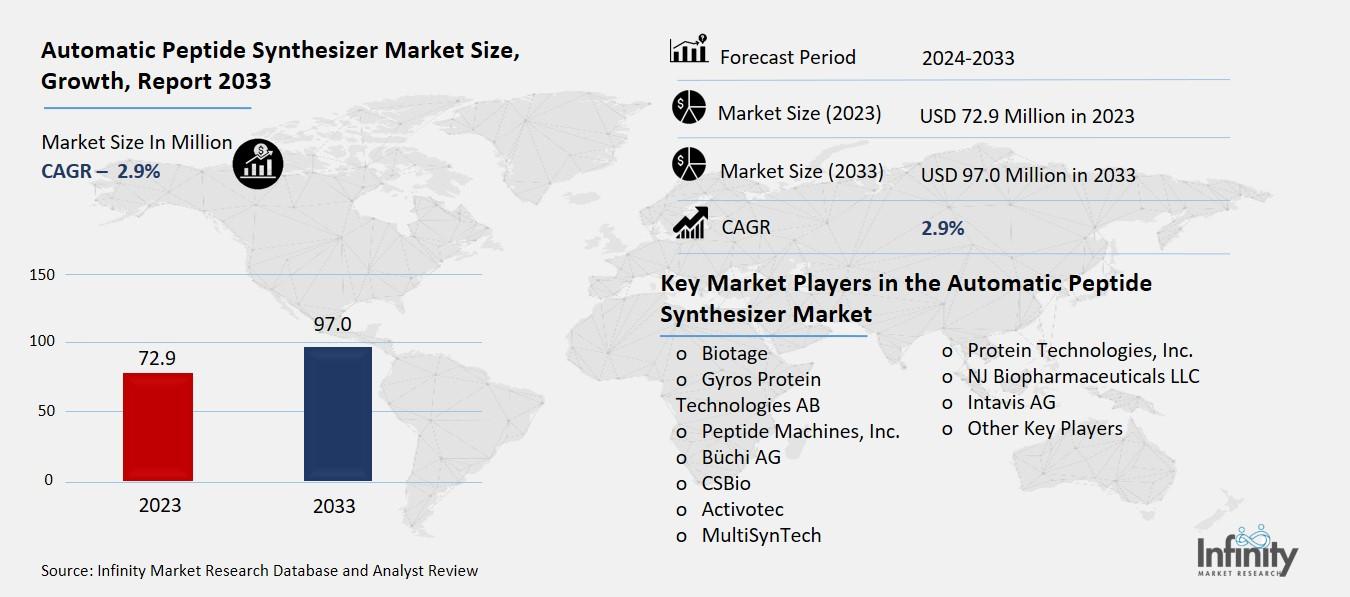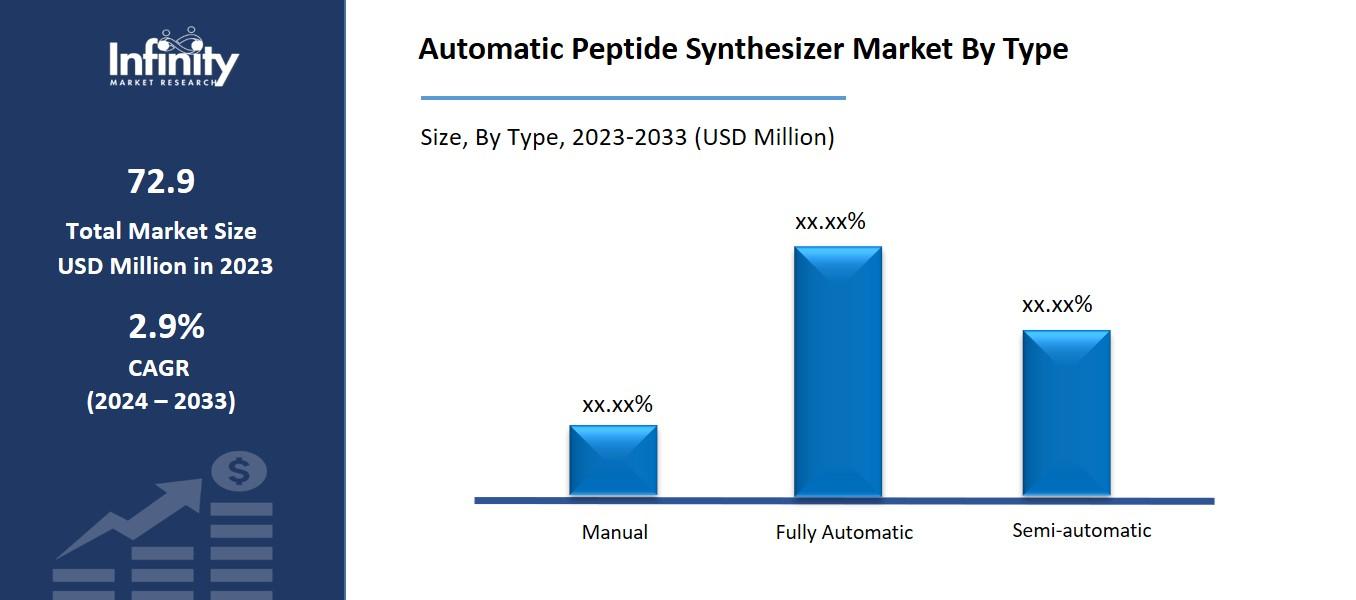
🔐 Secure Payment Guaranteed
Safe checkout with trusted global payment methods.
🌟 Why Choose Infinity Market Research?
At Infinity Market Research, we dont just deliver data — we deliver clarity, confidence, and competitive edge.
In a world driven by insights, we help businesses unlock the infinite potential of informed decisions.
Here why global brands, startups, and decision-makers choose us:
Industry-Centric Expertise
With deep domain knowledge across sectors — from healthcare and technology to manufacturing and consumer goods — our team delivers insights that matter.
Custom Research, Not Cookie-Cutter Reports
Every business is unique, and so are its challenges. Thats why we tailor our research to your specific goals, offering solutions that are actionable, relevant, and reliable.
Data You Can Trust
Our research methodology is rigorous, transparent, and validated at every step. We believe in delivering not just numbers, but numbers that drive real impact.
Client-Centric Approach
Your success is our priority. From first contact to final delivery, our team is responsive, collaborative, and committed to your goals — because you re more than a client; you re a partner.
Recent Reports
Obesity Management Market
GLP-1 Receptor Agonist Market
Automatic Peptide Synthesizer Market
Global Automatic Peptide Synthesizer Market (By Type, Manual, Fully Automatic, and Semi-automatic; By Application, University, Laboratory, and Research Center; By Region and Companies), 2024-2033
Dec 2024
Healthcare
Pages: 138
ID: IMR1358
Automatic Peptide Synthesizer Market Overview
Global Automatic Peptide Synthesizer Market acquired the significant revenue of 72.9 Million in 2023 and expected to be worth around USD 97.0 Million by 2033 with the CAGR of 2.9% during the forecast period of 2024 to 2033. The automatic peptide synthesizer market is rapidly emerging on the global scene owing to the rapidly rising role of peptides in the fields such as pharmacy, biotechnology, and research. The use of peptide in drug synthesis, diagnostics, and therapies necessitates the use of automated synthesis for manufacturing the peptides.

Recent innovation in the field of automation has boosted the synthesis of peptides in terms of speed, yield and repeatability for the universal wants of the academic, clinical and commercially active research laboratories. Market growth is further spurred by growing global research and development activity, growing interest in personalized medicine, and government backing for biotechnological development.
Drivers for the Automatic Peptide Synthesizer Market
Increasing Demand for Therapeutic Peptides
Peptides have recently emerged as promising agents for targeted drug delivery systems and cancer therapies mainly because of their particular biological characteristics: high selectivity for target tissues and cells, low toxicity, and efficient ability to transverse cellular membranes. Such short polypeptide chains are also capable of being designed to interact with special receptors on the surface of cancer cells for effective drug delivery with minimal effect on the rest of the body. This approach minimizes side effects and optimizes the therapeutic end result, which makes peptides a foundation for the next generation of anticancer treatments. Furthermore, peptides play an enormous role in using the principles of personalized medicine, where patients receive treatments according to their characteristics. They afford the optimization of therapeutic agents in relation to genetic, proteomic, and metabolism differences in patients.
Restraints for the Automatic Peptide Synthesizer Market
Limited Awareness in Emerging Markets
Low adoption rates of automatic peptide synthesizers in developing regions can be attributed to limited infrastructure and insufficient awareness about their applications and benefits. Many countries in these regions face challenges such as inadequate funding for advanced research facilities, lack of trained personnel, and minimal access to cutting-edge biotechnology tools. Academic institutions and laboratories often rely on manual or outdated methods for peptide synthesis, which hampers efficiency and scalability. Additionally, awareness about the potential of peptides in drug discovery, diagnostics, and therapeutic applications remains low among researchers and industry stakeholders.
Opportunity in the Automatic Peptide Synthesizer Market
Innovations in Peptide Synthesis Technology
The peptide synthesizer market is witnessing a shift toward the development of compact and cost-effective models to cater to smaller research labs and emerging markets. These smaller devices are designed to provide high efficiency and precision while reducing the space and financial investment required. By integrating advanced software and modular components, manufacturers are offering synthesizers that balance performance with affordability. This trend is enabling broader access to automated peptide synthesis, especially for academic institutions, startups, and budget-constrained laboratories, thus driving market growth.
Sustainability is becoming a focal point in peptide production, with the adoption of green chemistry approaches gaining momentum. These methods emphasize the use of non-toxic reagents, biodegradable solvents, and energy-efficient processes to minimize environmental impact. Innovations such as solvent-free synthesis and reusable resin technology are being explored to enhance sustainability without compromising product quality.
Trends for the Automatic Peptide Synthesizer Market
Adoption of AI and Machine Learning
Automation systems integrating predictive algorithms are revolutionizing peptide synthesis by optimizing every stage of the process. Predictive algorithms, often powered by artificial intelligence (AI) and machine learning (ML), analyze vast datasets to predict optimal reaction conditions, such as temperature, solvent, and reagent quantities, for specific peptide sequences. These algorithms can adapt to variations in synthesis conditions in real-time, ensuring higher yield, purity, and efficiency.
Additionally, they enable researchers to identify potential synthesis challenges, such as aggregation or side reactions, before they occur, reducing trial-and-error experiments and waste. By streamlining processes and minimizing human intervention, these intelligent systems not only enhance productivity but also make peptide synthesis more accessible and cost-effective for a wide range of applications in research, therapeutics, and diagnostics.
Segments Covered in the Report
By Type
o Manual
o Fully Automatic
o Semi-automatic
By Application
o University
o Laboratory
o Research Center
Segment Analysis
By Type Analysis
On the basis of type, the market is divided into fully automatic, and semi-automatic. Among these, fully automatic segment acquired the significant share in the market owing to its ability to perform complex synthesis processes with minimal human intervention. These systems offer enhanced precision, reproducibility, and scalability, making them ideal for large-scale production and high-throughput applications. The fully automatic synthesizers are equipped with advanced features such as integrated software for process monitoring and control, which streamline operations and reduce the potential for errors. This level of automation is particularly beneficial in pharmaceutical and biotechnology industries, where efficiency and consistency are paramount.

By Application Analysis
On the basis of application, the market is divided into university, laboratory, and research center. Among these, commercial held the prominent share of the market due to its extensive use in pharmaceutical and biotechnology companies. These laboratories require high-throughput, precise, and scalable peptide synthesis for drug discovery, development, and quality control processes. The demand for peptides in therapeutic applications, diagnostics, and research has led to increased adoption of automated synthesizers in these settings. The ability to produce peptides efficiently and consistently is crucial for advancing research and developing new peptide-based therapeutics.
Regional Analysis
North America Dominated the Market with the Highest Revenue Share
North America held the most of the share of 30.1% of the market. The region boasts a well-established pharmaceutical and biotechnology sector, which is one of the primary drivers of demand for peptide synthesis. Advanced research institutions, universities, and laboratories across the U.S. and Canada are heavily invested in peptide-based drug development, diagnostics, and biotechnology innovations.
Additionally, North America benefits from a robust healthcare infrastructure, high R&D spending, and strong government support for scientific advancements, particularly in the fields of personalized medicine and biologics. The presence of leading manufacturers and suppliers of peptide synthesizers further strengthens the market in this region, enabling easy access to the latest technology.
Competitive Analysis
The competitive landscape of the automatic peptide synthesizer market is marked by the presence of several key players, each striving to gain market share through technological innovations, strategic collaborations, and geographical expansion. Leading companies in this sector include Thermo Fisher Scientific, CEM Corporation, GE Healthcare, and Biotage, among others. These firms focus on product advancements, such as the integration of artificial intelligence and machine learning algorithms for optimized peptide synthesis, as well as the development of compact, cost-effective models to appeal to a broader range of laboratories and research centers.
Recent Developments
In March 2022, Gyros Protein Technologies launched the PurePep Sonata+ peptide synthesizer, a mid-pilot scale instrument designed to provide reliable and robust workflows for peptide synthesis.
Key Market Players in the Automatic Peptide Synthesizer Market
o Biotage
o Gyros Protein Technologies AB
o Peptide Machines, Inc.
o Büchi AG
o CSBio
o Activotec
o MultiSynTech
o Protein Technologies, Inc.
o NJ Biopharmaceuticals LLC
o Intavis AG
o Other Key Players
|
Report Features |
Description |
|
Market Size 2023 |
USD 72.9 Million |
|
Market Size 2033 |
USD 97.0 Million |
|
Compound Annual Growth Rate (CAGR) |
2.9% (2023-2033) |
|
Base Year |
2023 |
|
Market Forecast Period |
2024-2033 |
|
Historical Data |
2019-2022 |
|
Market Forecast Units |
Value (USD Million) |
|
Report Coverage |
Revenue Forecast, Market Competitive Landscape, Growth Factors, and Trends |
|
Segments Covered |
By Type, Application, and Region |
|
Geographies Covered |
North America, Europe, Asia Pacific, and the Rest of the World |
|
Countries Covered |
The U.S., Canada, Germany, France, U.K, Italy, Spain, China, Japan, India, Australia, South Korea, and Brazil |
|
Key Companies Profiled |
Biotage, Gyros Protein Technologies AB, Peptide Machines, Inc., Büchi AG, CSBio, Activotec, MultiSynTech, Protein Technologies, Inc., NJ Biopharmaceuticals LLC, Intavis AG, and Other Key Players. |
|
Key Market Opportunities |
Innovations in Peptide Synthesis Technology |
|
Key Market Dynamics |
Increasing Demand for Therapeutic Peptides |
📘 Frequently Asked Questions
1. Who are the key players in the Automatic Peptide Synthesizer Market?
Answer: Biotage, Gyros Protein Technologies AB, Peptide Machines, Inc., Büchi AG, CSBio, Activotec, MultiSynTech, Protein Technologies, Inc., NJ Biopharmaceuticals LLC, Intavis AG, and Other Key Players.
2. How much is the Automatic Peptide Synthesizer Market in 2023?
Answer: The Automatic Peptide Synthesizer Market size was valued at USD 72.9 Million in 2023.
3. What would be the forecast period in the Automatic Peptide Synthesizer Market?
Answer: The forecast period in the Automatic Peptide Synthesizer Market report is 2024-2033.
4. What is the growth rate of the Automatic Peptide Synthesizer Market?
Answer: Automatic Peptide Synthesizer Market is growing at a CAGR of 2.9% during the forecast period, from 2024 to 2033.

🔐 Secure Payment Guaranteed
Safe checkout with trusted global payment methods.
🌟 Why Choose Infinity Market Research?
- Accurate & Verified Data:Our insights are trusted by global brands and Fortune 500 companies.
- Complete Transparency:No hidden fees, locked content, or misleading claims — ever.
- 24/7 Analyst Support:Our expert team is always available to help you make smarter decisions.
- Instant Savings:Enjoy a flat $1000 OFF on every report.
- Fast & Reliable Delivery:Get your report delivered within 5 working days, guaranteed.
- Tailored Insights:Customized research that fits your industry and specific goals.



